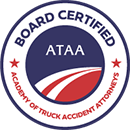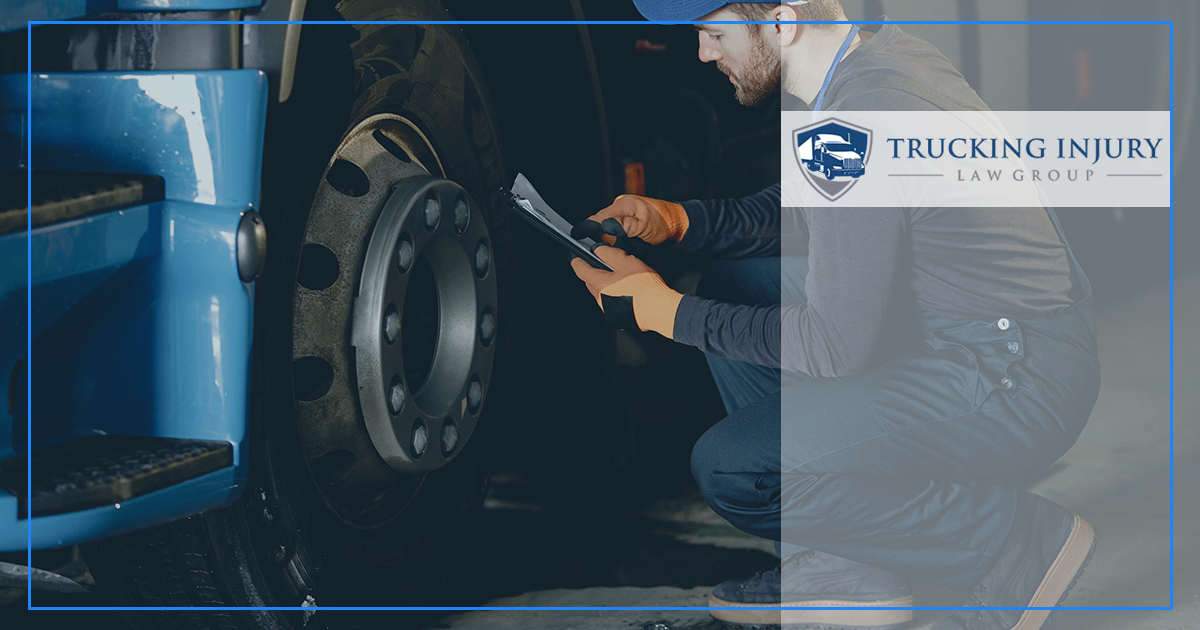How Often Do Truck Tires Blow Out
Truck tires are the lifeline of the transportation industry, bearing the weight of heavy loads over long distances. However, the risk of tire blowouts poses a significant concern for truck drivers and fleet operators alike.
Understanding how often do truck tires blow out, along with the factors contributing to these incidents, is crucial for maintaining safety on the road and minimizing disruptions to logistics operations.
In this post, we’ll discuss the statistics, causes, and preventive measures surrounding truck tire blowouts.
Frequency of Truck Tire Blowouts
Truck tire blowouts, while not uncommon, occur less frequently than one might imagine.
According to the Federal Motor Carrier Safety Administration’s (FMCSA) Large Truck Crash Causation Study, there are an average of 8,000 large truck crashes that involve tire failure every year in the United States. These account for around 6% of all truck-related accidents in the US.
While this percentage may seem relatively low, the consequences of a tire blowout can be severe. A loss of control of the truck isn’t uncommon, and it can cause a head-on trucking accident that not only leads to vehicle damage or injuries, but also fatalities.
So, even rare occurrences warrant our attention and proactive measures to mitigate these risks.
Factors Contributing to Tire Blowouts
Truck tire blowouts can be caused by a combination of factors, ranging from maintenance practices to external environmental conditions. Understanding these contributing factors is essential for preventing blowouts and ensuring road safety. Here are some key elements:
- Tire Wear and Tear: Over time, truck tires experience natural wear and tear due to prolonged use and exposure to road conditions. As tires age, their structural integrity weakens, making them more susceptible to failure, including blowouts. Regular inspection and timely replacement of worn-out tires are crucial preventive measures.
- Improper Inflation: Maintaining proper tire pressure is critical for tire performance and longevity. Overinflated tires are prone to increased stiffness, leading to uneven wear and reduced traction, while underinflated tires can overheat and suffer from sidewall damage, both of which elevate the risk of blowouts. Regular monitoring and adjustment of tire pressure are essential maintenance practices.
- Road Hazards: Truck tires encounter various hazards on the road, such as potholes, debris, sharp objects, and uneven surfaces. These road hazards can puncture or damage tires, causing sudden blowouts. Avoiding obstacles whenever possible and practicing defensive driving techniques can help minimize the risk of tire damage.
- Overloading and Imbalanced Loads: Exceeding weight limits or improperly distributing cargo can exert excessive pressure on truck tires, leading to accelerated wear and increased vulnerability to blowouts. Proper load management, including adhering to weight regulations and evenly distributing weight across axles, is crucial for maintaining tire integrity and reducing the risk of failure.
- Extreme Temperatures: Extreme temperatures, whether hot or cold, can impact tire performance and stability. High temperatures can cause tires to overheat, accelerating wear and potentially leading to blowouts, especially when combined with high speeds. Conversely, cold temperatures can reduce tire flexibility and traction, increasing the risk of tire failure on icy or slippery roads.
- Aggressive Driving: Aggressive driving behaviors, such as speeding truckers, hard braking (underestimating safe braking distances), and sharp turns, can exert excessive stress on truck tires, accelerating wear and heightening the risk of blowouts. Maintaining a safe driving speed, avoiding sudden maneuvers, and practicing defensive driving techniques help preserve tire integrity and reduce the likelihood of tire-related incidents.
The Role of Maintenance and Inspection
Proper maintenance and regular inspection play a vital role in preventing truck tire blowouts.
Operators should adhere to manufacturer recommendations for tire maintenance, including routine inspections, rotations, and replacements as needed. A maximum of six years or 100,000 miles, depending on tire condition, is the typical recommendation.
Monitoring tire pressure is paramount, as underinflated tires generate excess heat and friction, accelerating wear and increasing the risk of blowouts. Implementing a comprehensive pre-trip inspection checklist can help drivers identify potential issues before hitting the road, reducing the likelihood of tire-related incidents.
Preventive Measures and Best Practices
To lessen the risk of truck tire blowouts, fleet operators and drivers should use a proactive approach to tire maintenance and safety.
This includes conducting regular inspections, monitoring tire pressure, and adhering to recommended maintenance schedules. Investing in quality tires designed for commercial use and appropriate for specific road and weather conditions can also enhance safety and performance.
Providing drivers with comprehensive training on tire care, safe driving practices, and emergency procedures equips them with the knowledge and skills to respond effectively to potential tire-related issues, as well.
Truck tire blowouts are not uncommon, and they can have serious consequences for road safety and logistics operations.
By understanding the frequency of tire blowouts, identifying contributing factors, and implementing preventive measures, fleet operators and drivers can minimize risks and ensure safer travels for themselves and others on the road.
Proactive maintenance, proper load management, and adherence to safe driving practices are essential components of a comprehensive approach to truck tire safety. With some hard work and vigilance, the number of truck tire blowouts can be reduced, fostering a safer and more efficient transportation industry.
Have questions about safe practices for commercial trucking, or you’ve been involved in an incident and suspect that a driver or company is liable? A board-certified truck accident attorney is ready to help you find answers and the justice you deserve.
Call us at Trucking Injury Law Group today for a free consultation.






